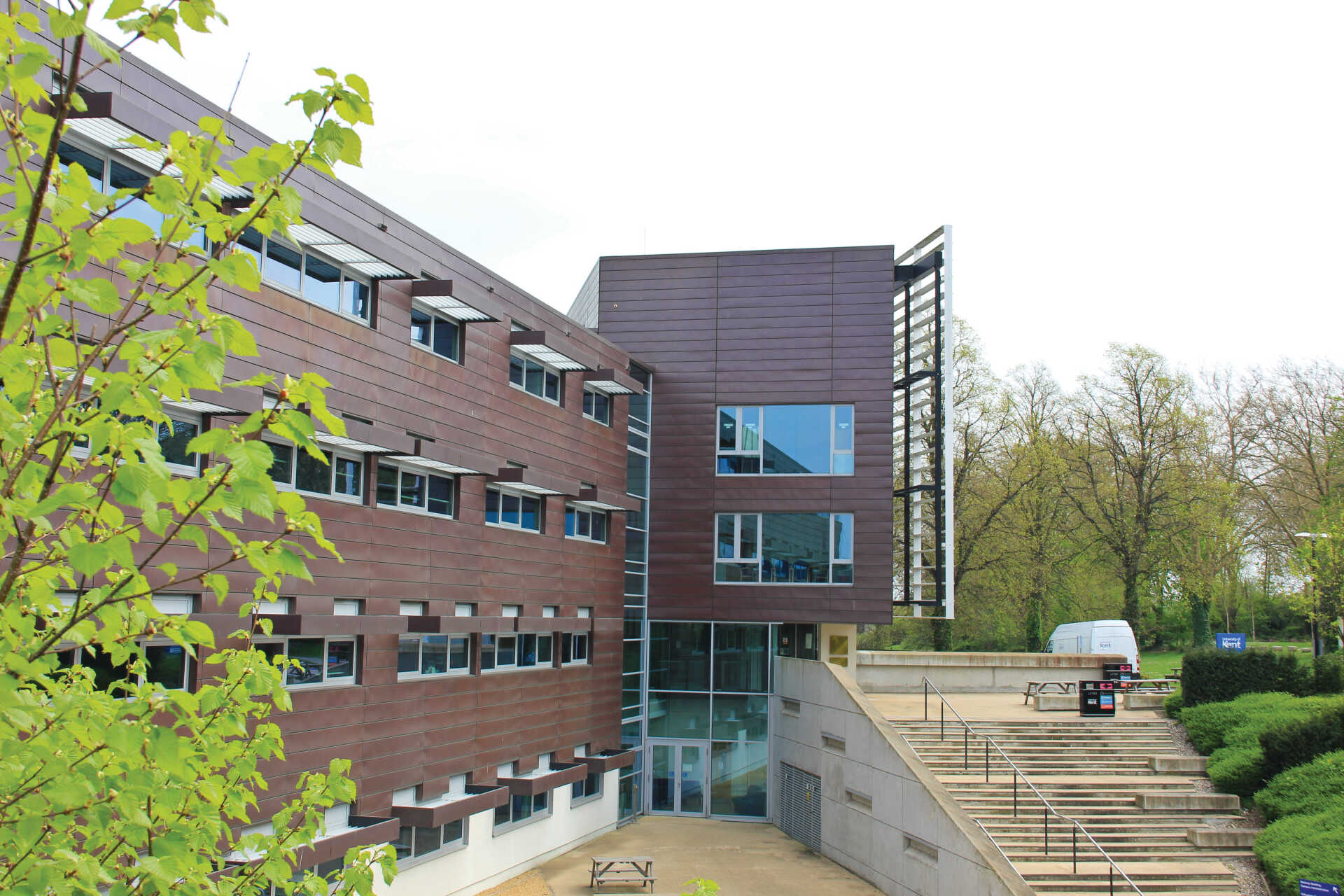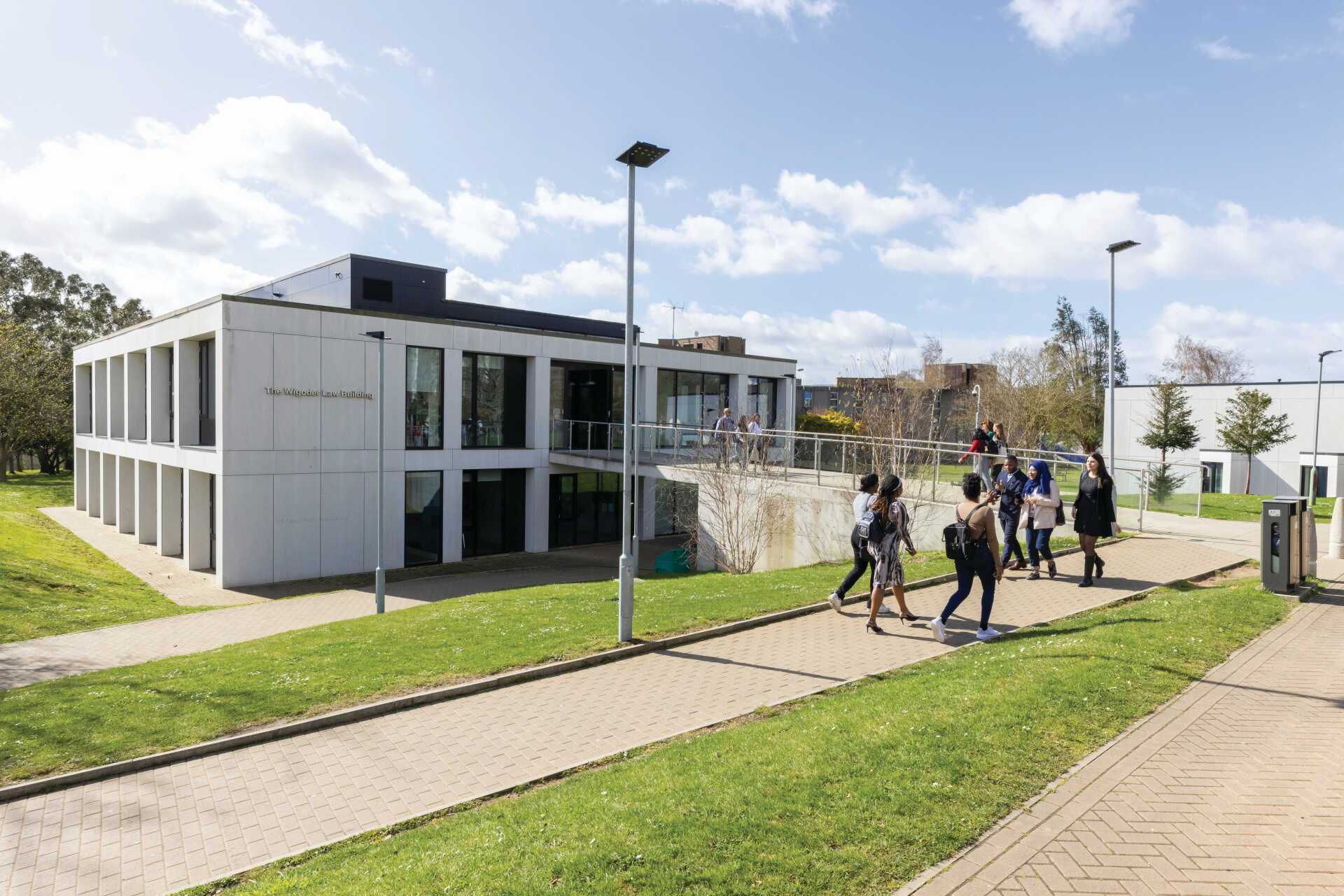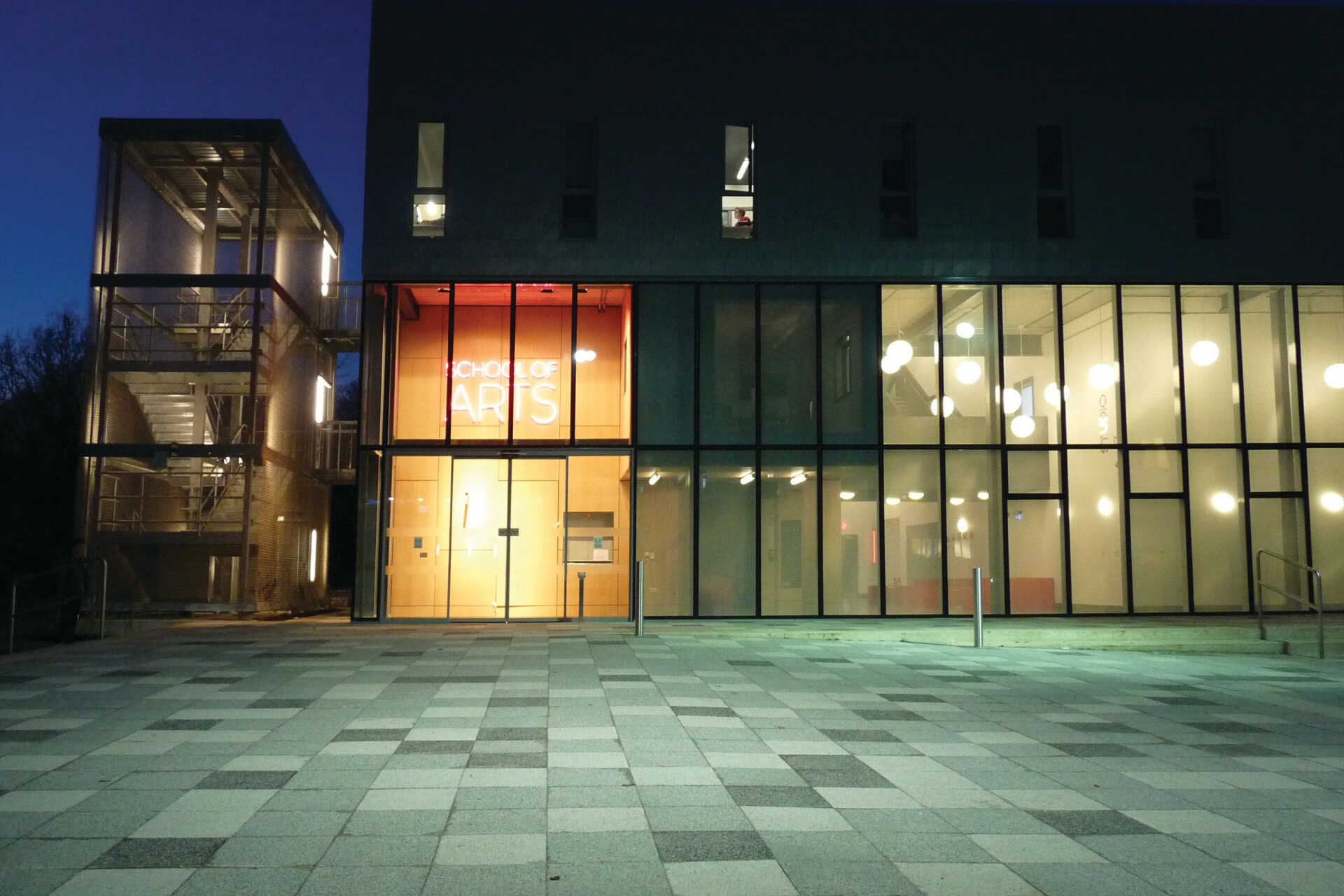
This page contains information about different appeal types, an explanation of technical conditions and why they are important, and information about what you are not allowed to request in your appeal.
Information on this page applies to all appeal types.
Check your options so you submit the right appeal for your situation.

An appeal against the recommendation of the Board of Examiners is a request for a review of the decision made by the Board of Examiners regarding your progression through the stages of your degree, or your award (degree).



Technical conditions are rules that apply to formal stages of the appeal process – Formal Appeal and Appeal Review. The Case Manager assigned to your appeal will use these rules to assess whether your appeal should be accepted for investigation or whether it should be dismissed.
Your appeal must meet all technical conditions listed below. If it doesn’t meet one or more of these conditions, your appeal may be dismissed.
It is very important that you use the correct form to submit your appeal. If you complete the wrong form, we may not have the relevant information to investigate your appeal and it may be dismissed or result in an unsuccessful outcome.
Read more about different appeal types.
You must provide evidence to support your appeal statements. If you don’t submit any evidence or if your evidence does not relate to your appeal, it may be dismissed.
Read more about what evidence should be included in your appeal.
If you submit your appeal late, you will be asked to provide a reason, with supporting evidence, for this. The Case Manager will consider your explanation and if they decide that your reason is not valid, they may dismiss your appeal.
See information about appeal deadlines.
Read more about what could be considered a valid reason for a late appeal.
Appeal grounds are permissible reasons for submitting an appeal. They are limited and clearly defined for each appeal type. You must explain how your appeal fits these grounds. If you don’t explain this clearly in your appeal or if your appeal doesn’t meet any of the grounds, your appeal may be dismissed.
Read more about different appeal types and grounds for appeal.
You must clearly state an outcome that you wish to achieve. You cannot ask for the outcome that is not permitted in the Universities Regulations and, if you do so, your appeal may be dismissed.
This technical condition applies to Formal Appeals only.
You should attempt to resolve any concerns you have with your Division first, by submitting an early resolution request. If you haven’t submitted an early resolution request, you will have to provide a good reason for not doing so.
For some appeal types, outcomes that you can request via early resolution are limited.
See more information on Early Resolution webpage.
There are no circumstances that would allow you to appeal against academic judgement.
Academic judgement is defined as an opinion that can only be given by an academic expert, for example, a judgement about marks awarded for assessment, progression, degree classification or the achievement of course outcomes.
This means that you cannot:
Are you appealing under grounds of illness and other extenuating circumstances?
Please note that the following examples are not normally considered as extenuating circumstances:
This list is not exhaustive.